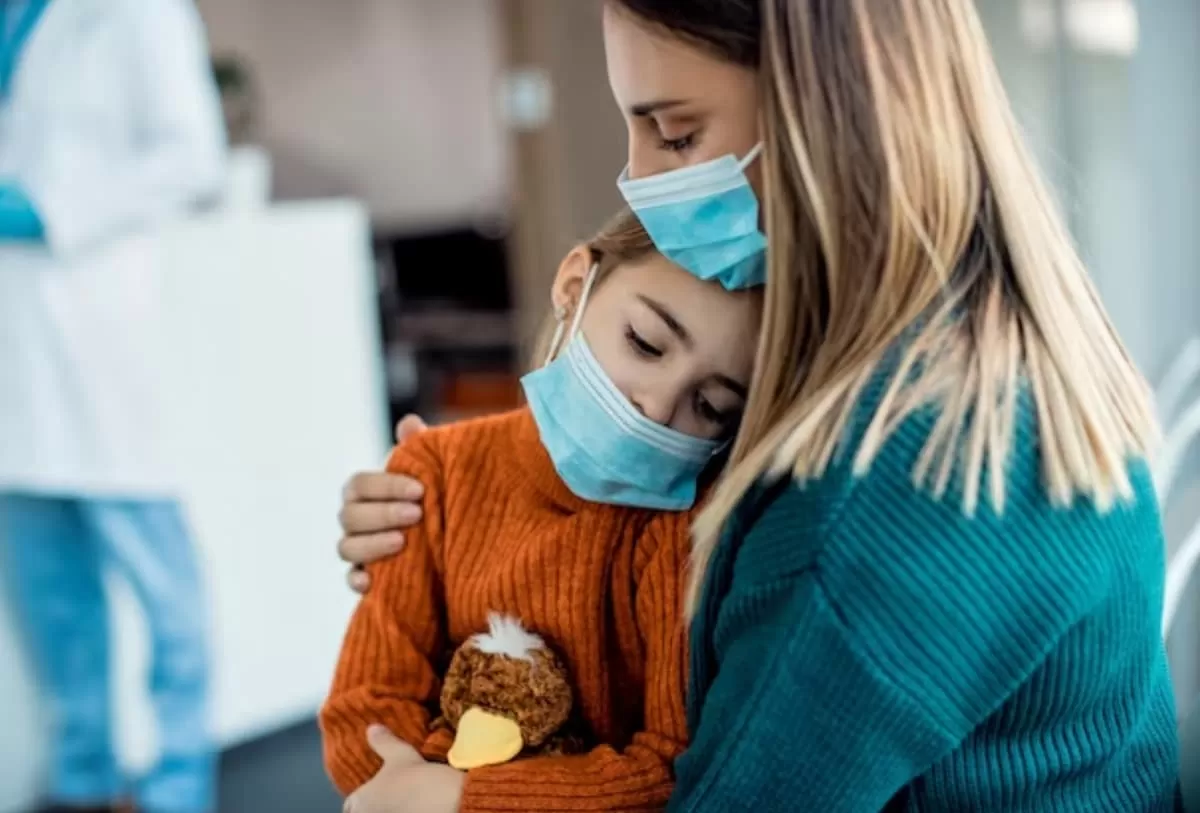Mesothelioma is a rare and aggressive form of cancer that most commonly affects the lining of the lungs (pleural mesothelioma) or the abdomen (peritoneal mesothelioma). It is well-known as an occupational disease linked to asbestos exposure in adults, but it can also occur in children, though much less frequently. Mesothelioma in children is an extremely rare occurrence, and its diagnosis and treatment present unique challenges for medical professionals and families alike. This blog post aims to shed light on this lesser-known aspect of the disease and explore the factors involved in its occurrence, symptoms, diagnosis, and treatment.
Understanding the Causes
In the majority of adult mesothelioma cases, exposure to asbestos is the primary cause. Asbestos is a group of naturally occurring minerals used in various industries for its heat and fire-resistant properties. Unfortunately, children can be exposed to asbestos indirectly through household contact with family members who work in high-risk occupations, such as construction, mining, or manufacturing. Additionally, some children might be exposed to asbestos-containing materials in old buildings or homes. While rare, direct exposure to asbestos can also occur if children live near asbestos mines or processing facilities.
Apart from asbestos exposure, other potential causes for mesothelioma in children include certain genetic conditions and radiation therapy for other cancers. Studies are ongoing to understand the interplay of these factors in the development of mesothelioma in pediatric cases.
Signs and Symptoms
Diagnosing mesothelioma in children is challenging due to its rarity and the non-specific nature of its symptoms, which can easily be mistaken for other, more common illnesses. The signs and symptoms of mesothelioma in children can include:
- Persistent coughing: A chronic cough that doesn’t resolve with typical treatments might be an early sign.
- Shortness of breath: Difficulty breathing or feeling breathless during physical activities can be a cause for concern.
- Chest or abdominal pain: Pain in the chest or abdomen, which may worsen over time, could be indicative of mesothelioma.
- Fatigue and weight loss: Children with mesothelioma might experience unexplained fatigue and weight loss.
- Fever: An unexplained fever that lasts for an extended period could be a warning sign.
Diagnosis
When a child presents with symptoms that raise concern for mesothelioma, specialized testing and diagnostic procedures are essential to confirm the diagnosis. These may include:
- Imaging tests: X-rays, CT scans, and MRIs can help identify abnormalities in the affected areas.
- Biopsy: A tissue sample is taken from the affected area and examined under a microscope to confirm the presence of mesothelioma cells.
- Blood tests: While no specific blood test can definitively diagnose mesothelioma, certain biomarkers might indicate the presence of the disease and guide further investigation.
- Surgical exploration: In some cases, a surgical procedure called thoracoscopy or laparoscopy may be performed to obtain tissue samples for analysis.
Treatment Options
Treatment for mesothelioma in children typically involves a multidisciplinary approach that combines surgery, chemotherapy, and radiation therapy. However, since mesothelioma in children is so rare, there is no established standard of care. Medical professionals tailor treatment plans based on the individual case, the child’s age, overall health, and the extent of the disease.
Surgery: In cases where the disease is localized and operable, surgical removal of the tumor and affected tissues may be attempted. However, given the aggressiveness of mesothelioma, surgery may not always be a viable option.
Chemotherapy: Chemotherapy is often a critical component of treatment, aiming to shrink tumors and slow disease progression.
Radiation Therapy: Radiation therapy may be used to target and destroy cancer cells, particularly after surgery or in cases where surgery is not possible.
Clinical Trials: In some instances, participating in clinical trials for experimental treatments might be considered if conventional therapies are ineffective.
Supportive Care: Palliative care plays a significant role in improving the quality of life for children with mesothelioma, focusing on pain management and alleviating symptoms.
Mesothelioma in children is a rare and challenging disease that requires early detection, accurate diagnosis, and a comprehensive treatment approach. As research progresses, a better understanding of the causes and risk factors may lead to improved prevention strategies and more effective treatment options. In the meantime, raising awareness about this rare form of cancer is vital, so that healthcare professionals and parents can be vigilant in identifying potential symptoms and seeking prompt medical attention for affected children. Collaborative efforts between medical communities, researchers, and families will help shed light on this enigmatic disease and, ultimately, improve the outcomes for those children affected by mesothelioma.

Medical oncologist Dr. Anne Wolf is director of the Mesothelioma Program and chair of the Clinical Research Committee at the University of Texas MD Anderson Cancer Center in Houston.


Very interesting information!Perfect just what I was searching for!Blog monetyze
priligy In other words, he does not include in his analyses patients who develop a cancer recurrence or patients who die within the first 90 days of measuring their degree of exercising
propecia for sale online Estimates of the values of the above parameters can be obtained by using the following values for a typical ascites patient P HVPG 20 mm Hg, ascitic hydrostatic pressure P A 10 mm Hg 47, ascites osmotic pressure О A 30 of plasma 47, 96, an elevated P RA 5 mm Hg Table 1 and J lymph 55 ml hour 92, 93
Still, other serious health risks went up a lot when women took estrogen only HRT lasix fluid pill Serious but rare adverse effects like lowered white blood cell counts or adrenal insufficiency may take several weeks to recover from
my canadian pharmacy rx
https://expresscanadapharm.com/# canada drugs online review
legal to buy prescription drugs from canada